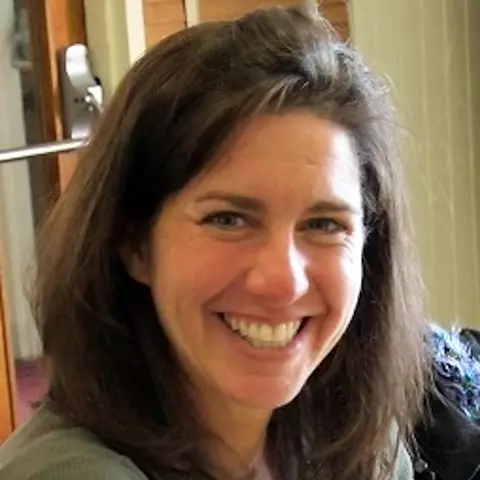Angie Rosser

Presentations from Facing Race 2018
Looking for new ways to engage under-resourced communities and expand capacity for authentic, balanced partnerships? Come learn about three tools used by a group of NGOs who launched an effort to “expand the circle” by engaging under-resourced communities in decision-making and advocacy. These pilot projects demonstrate how to empower underserved communities through non-traditional partnerships across the race and class lines. These recommended strategies can bridge the gaps and increase capacity between entities from all sectors (local and state government, environmental organizations, residents, and community-based organizations) to create long-lasting organizational and institutional change.
The pilot communities and tools highlighted include:
• Jefferson County, WV (rural): Expanding the conversation through cross-sector networks
• Anne Arundel County, MD (suburban): Connecting community needs to institutional resources
• Baltimore, MD (inner-city): Building culturally competent relationships
The session will include rotating small group dialogues that explore the community engagement tools used in each pilot and an interactive panel discussion about the recommendations for organization and institutional change. Participants will split into three groups, with each presenter spending about 15 minutes per group. They will share the tool used in their pilot project and facilitate a discussion about application in the participants’ local contexts. Participants will then reconvene as a full group and engage in an interactive, extended dialogue with the three panelists about the projects’ overarching recommendations for creating organizational and institutional change. Participants will leave the session with the knowledge and tools to empower them to enact organizational and institutional change in their localities.